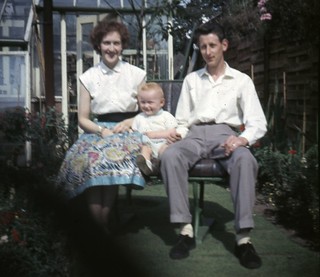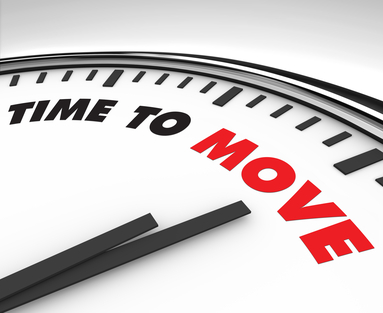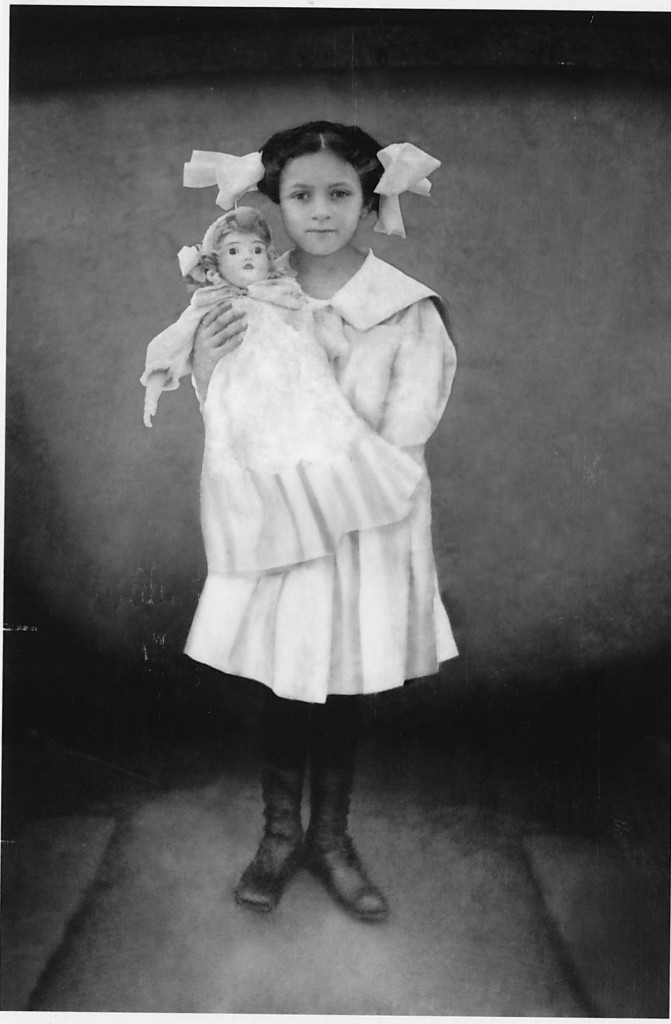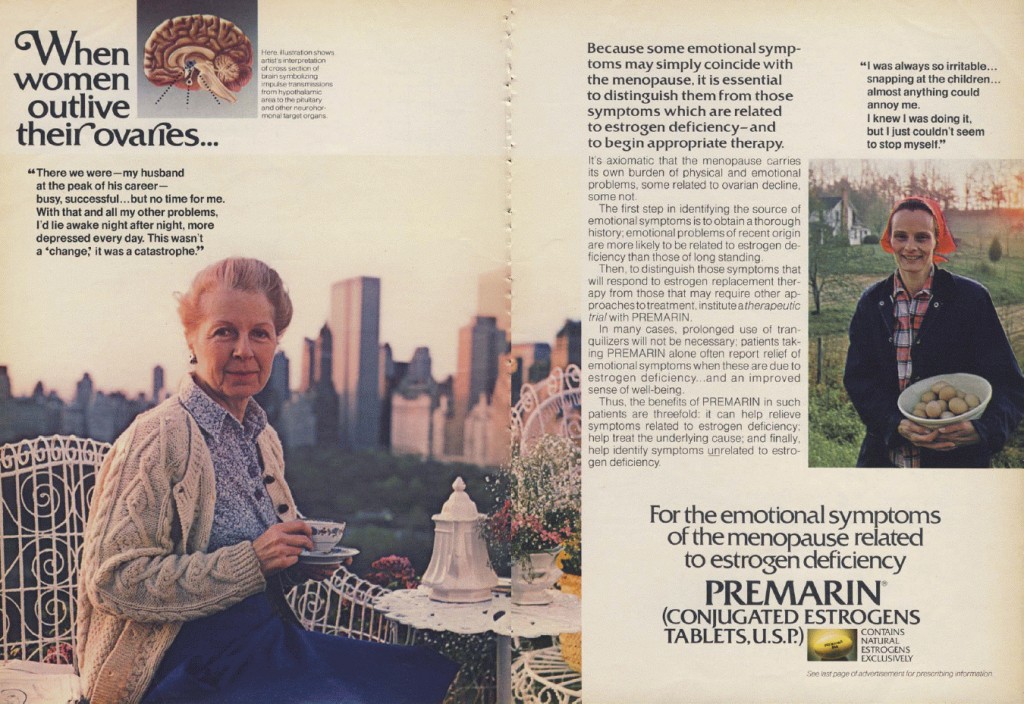Use it or lose it!
I’ve said it countless times and I will say it countless times more until you hear and share the message:
Move.
Even if you move everyday at the gym, move!
Findings from yet another study, this time in roughly 93,000 women, some as young as age 50, demonstrate that sitting on one’s behind for hours at a time significantly shortens lifespan. In fact, when researchers looked at the amount of time spent sitting and resting over a 12 year period, they found that idle hands (and bodies) did their own bidding and not the devil’s, leading to as much as a 12% greater risk for death from all causes, even after accounting for how mobile (and physically able) the women were, current chronic disease status, demographic factors and overall fitness. This last factor is important because it implies that even women who exercise the most can be at risk for disease and death if they have large amounts of idleness/sedentary time in addition to their physical activity!
What do the researchers consider ‘sedentary behavior?’ The highest risk appeared to occur in women who spent more than 11 hours a day on their behinds compared with their peers who spent four hours or less. Not only was this group of women at risk for death from all causes, but they also had a 13% greater odds for dying from any kind of heart disease, 27% for dying from a buildup of plaque in their arteries and 21% from cancer.
The lead researcher, Dr. Rebecca Sequin, says that excess sedentary time makes it harder to regain strength and function, noting that women start to lose muscle mass as young as age 35. This change is accelerated during menopause. The best way to counteract these declines is to engage in regular physical activity that also includes weight bearing exercise. However, again, everyday movement on top of working out is critical.
There are steps that you can take now to counteract the detrimental effects of being sedentary. First, consider the following:
- During a usual day (and night), how many hours do you spend sitting at any given time (e.g. sitting at work, sitting at a table eating, driving or riding in a car or public transportation, sitting watching TV or being social)?
- During a usual day and night, how many hours do you spend lying down with your feet up at any given time or sleeping?
- Now, add up how much time you spend sitting and lying down and subtract the amount that you are sleeping. Ideally, you are sedentary less than 8 hours a day, excluding sleep.
The key to boosting activity time is to get up and move around frequently, both inside and outside the house. Take breaks during computer time and sitting at your desk; some folks I know are also trying the treadmill desks. If you are watching TV, get up during commercial breaks (that is, if you are not DVR’ing) and move. And, if you are relying on the time spent at the gym to counteract the time sitting on your butts, change your mindset. I know that I sure have to. Use it or lose it applies to all of us!
Read More
The grandmothering clause
Researchers have long attempted to unravel the reason that menopause exists and the role that the loss of reproduction plays in our evolution. Among the various theories that have been tossed around, grandmothering, first proposed in an article that appeared in The Proceedings of the National Academy of Sciences in 1998, continues to maintain traction. This theory proposes that the lifespan of aging women is prolonged beyond reproduction to allow them to help provide for their daughter’s offspring and enhance the next generation’s fertility. This theory is further supported by a study published in the Proceedings of the National Academy of Sciences in 2008 that suggested that women rapidly stop producing reproductive hormones around mid-life to reduce competition with younger females in the same family unit…in other words, a majority of women cease to have the ability to breed so that the next generation can step in. Evolutionary-wise, this hard-wiring was established to reduce the likelihood of reproductive conflict with younger females who might marry their sons.
Grandmothering, albeit not a legitimate term, is understood by just about every woman that I know. And it’s not surprising that grandmothers apparently play as much a role in our later years as perhaps they did in when we were children.
The photo accompanying this post is one that was taken of my grandmother, Doris Baum Scherer when she was about six or seven years old. Her resolute expression is striking, and she carried this resolution with her to her death. I think about my grandmother every single day.
What I remember most about her is her ability to overcome obstacles; she was never given the opportunity to attend college and yet her intelligence and smarts eventually led to numerous opportunities. During WWII she led the local Ladies Auxiliary to support the veterans and long before then, she taught herself to drive. And like her sister and mother, she was a sharp businesswoman. She provided substance and sustenance to my life, in particular, reminding me when I ventured out of the corporate world to become self employed, that I could do anything and be anything that I set my mind to. And while my path provided neither my mother nor her an opportunity to provide for my offspring, she embodied the tenets of the Grandmothering Clause; my grandmother was an expert at grandmothering.
Ironically, I have reached an age where many of my contemporaries have become or are becoming grandmothers; I bide them well in the grandmothering journey, a journey whose reach and influence are immeasurable. and, to my grandma? Thank you for your gift.
Read More
Guyside: Dealing with aging parents, guyside style.

As parents age, we have to move from being “their child” to mutual independence to their dependence on us. It’s not always easy.
One of the things about getting to this age (in my case, 47) is that you get the odd experience of parenting your parents.
I was about the last child in my generation. With both parents near the end of large families, I have a ton of cousins, many of whom are well into retirement by now. And as a late child (born to 41-year-olds), my mom (and my dad, until his death in 2012) is well into seniorhood.
It’s probably no surprise that the dynamics change when your parents age. As a child, we strive for independence from our parents. That lasts for some time and then, like a wave collapsing in on itself and running back into the ocean, dependence begins to reach back out from your parents to you.
Things that were easily done for years become more difficult. It becomes more challenging for the senior citizen to take on some of the frustrations of daily living. And if physical illnesses encroach, as they almost certainly will, that process can accelerate more and more as time goes on.
So here, from my own experience and with the help of some references I’ve found, are some tips for dealing with aging parents:
- Find ways to detach emotionally just a bit. It’s difficult to hear a parent in emotional or health difficulty. But if your emotions take over, it’s going to be difficult to truly help them. Create an outlet for your emotions, but then work on logic.
- Sometimes just listening is enough. As a guy, I know only too well I can jump to SOLVING THE PROBLEM. But sometimes, your parent won’t want a solution; they’ll want a set of ears.
- Talk to your parent or parents about power of attorney. There are times at which you may need to intercede. It’s easier to do that if you have arranged things in advance.
- Support anything your parents are interested in doing that will help their physical, emotional, or mental health. Got a 97-year-old (like my aunt) who loves to swim? Make sure he or she gets to the pool. Is someone a bridge player? Find them a club. Often, seniors lose friends and family members as they age, so new social links are important.
- Build relationships with their health care providers. As seniors age, it’s more likely they’ll have serious health concerns crop up. And seniors are more likely to have a more deferential attitude toward doctors and medical professionals than younger people. So it’s important that you be able to play a role in their health care. This doesn’t mean taking over; it can mean being a trusted resource, an advocate, or maybe just a drive to an appointment.
The Kindness of Strangers
 “Whoever you are, I have always depended on the kindness of strangers.” Tennessee Williams, A Streetcar Named Desire, 1947
“Whoever you are, I have always depended on the kindness of strangers.” Tennessee Williams, A Streetcar Named Desire, 1947
This quote is one of the most widely used and widely recognized quotes in the world. I imagine that one of the reasons for its recognition (besides the brilliance of Williams’ writing) is that kindness, particularly random kindness, is such an unexpected gift. And when it occurs, it affects individuals on a cellular level. Yet, so many of us are caught up in our daily lives, our challenges, our joys and our sorrows, that we often need to be reminded that an extended hand can alter another person’s day. Most importantly, kindness does not need be tangible; bestowing a simple smile, a wave or wishing another well is one of the most valuable acts of self that can be shared.
It strikes me that the more crowded our lives become, the less likely we are to recognize the degree to which we are self involved and how it may affect the people we encounter very day. No more is this evident than on social networks, where, the endless ‘me me me’ updates have simply become white noise. Ironically, that white noise may actually be detrimental to our health, but not for the most obvious reasons.
Help others. Help yourself.
Research has shown that there is a link between positive emotions and physical health. And while experts have not yet fully teased out the ‘how’ and ‘why,’ they have been able to demonstrate that positive social connections beget positive emotions, which beget increases in vagal tone, a proxy for physical health.
Vagal tone reflects how well or how poorly the vagus nerve is functioning. And importantly, the vagus nerve is directly linked to nerves that control and coordinate where our eyes focus, how we express emotions on our faces and how our ears respond and tune to human voice. While vagal tone is mostly stable, there is evidence that sustained positive emotions and social perceptions may actually promote its functioning. This is important because when vagal tone is optimized, it boosts activity in the nervous system that helps slow heart rate, and calms and relaxes. Recent study findings also suggest that people can actually steer themselves toward greater health by harnessing, if you will, the power of vagal tone, simply by learning to generate positive emotions through loving-kindness meditation.
Loving-kindness meditation is a type of meditation practice that focuses on developing positive intention and kindness and warmth toward others. In women, it has been shown to significantly lengthen telomeres, the DNA structures at the ends of chromosomes that scientists consider markers for aging. Over a lifetime, telomeres shorten and this shortening is often accelerated by cellular inflammation and chronic psychological stress. While meditation practice has generally been associated with positive health benefits, the benefits of this particular form of meditation that focuses on the well-being of others appears to be especially strong in women, perhaps because they are inherently more empathetic or tend to focus on caregiving.
Want to break through the white noise? Today, I challenge you to practice one act of kindness toward a stranger or someone who you don’t know very well. Tomorrow, I challenge you to do the same. Not only will your gift of kindness benefit the recipient, but you may find that it changes your physical and mental wellbeing in ways that are not immediately tangible.
Read More
Have you outlived your ovaries?
“This wasn’t a change; it was a catastrophe.”
It is difficult to argue with a proper woman who claims that her symptoms are catastrophic, so much so that she needs to ‘relive’ and ‘re-prime’ her reproductive organs. When the message equals the madness, vintage advertising is at its finest. You can’t argue with science, right?! Ironically, this ad appeared in the Journal of the American Medical Association in 1975, the very same year designated by the United Nations as International Women’s Year. Clearly, Big Pharma didn’t get the memo!
Read More









